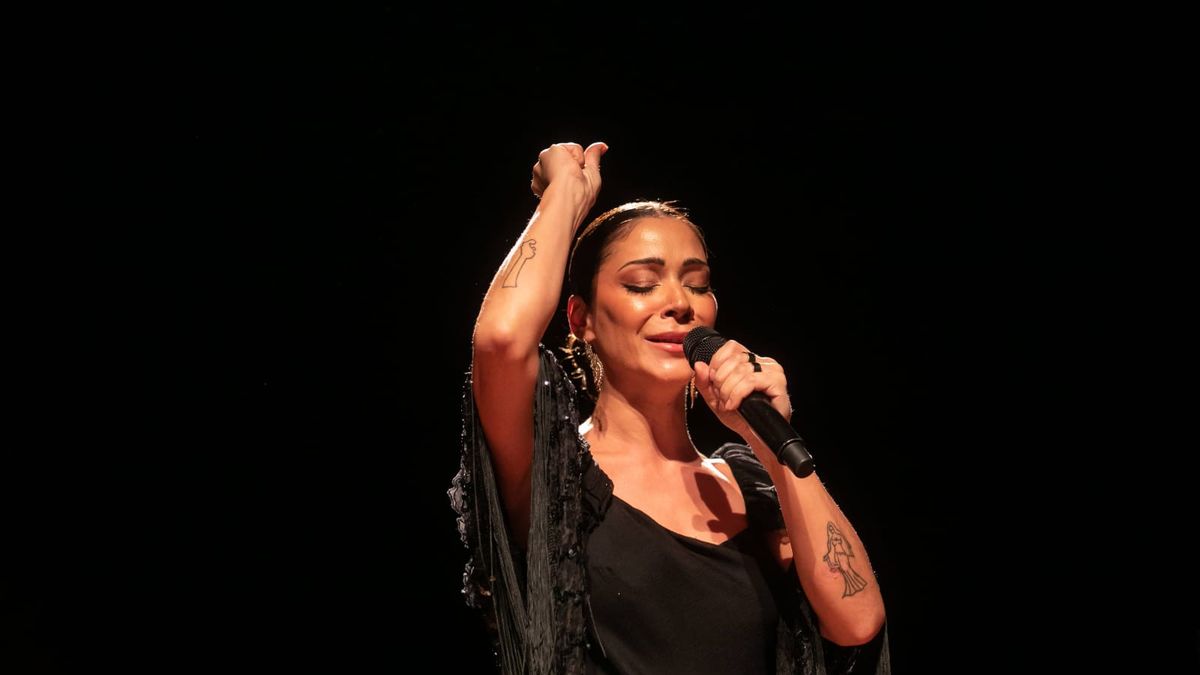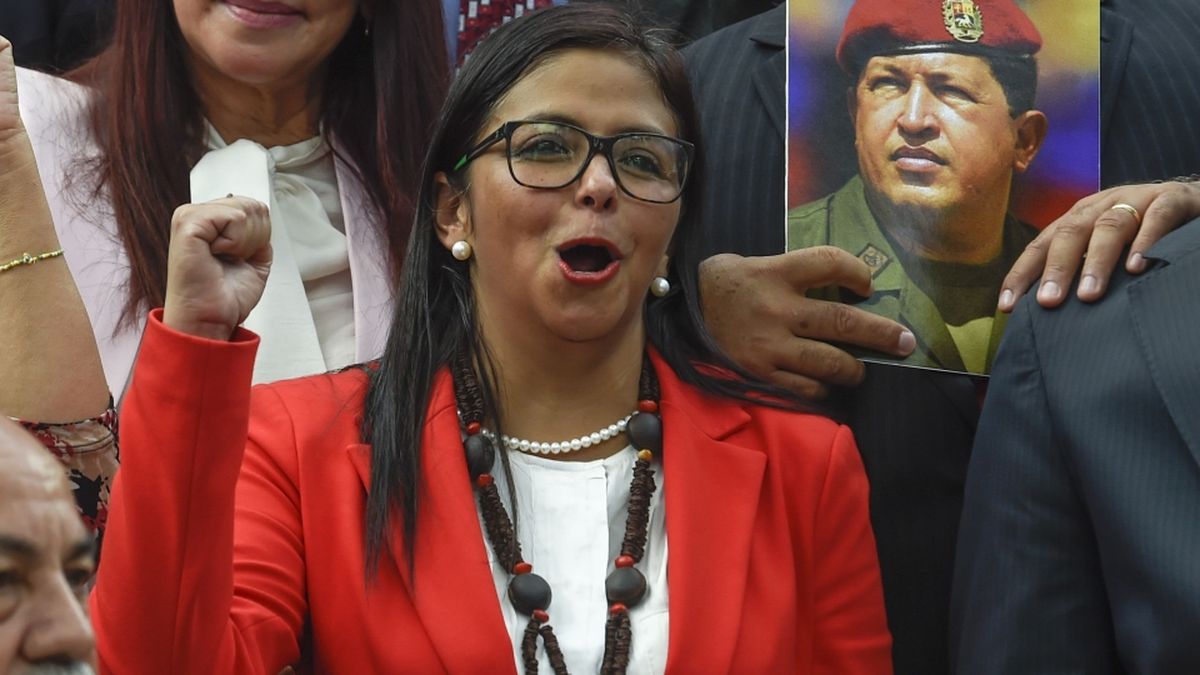A new edition of the prestigious Fado Festival took place, bringing to the city the best exponents of beautiful and renowned traditional Portuguese music. Now in its 14th edition since its beginnings in Madrid in 2011 (the year in which Fado was declared by UNESCO as Intangible Cultural Heritage of Humanity), the 2024 edition of this festival titled “Fado and Freedom” seeks to promote this art and the Portuguese language and culture through 18 cities in 14 countries in Europe, Asia, Africa, and Latin America, with artists, conferences, films and exhibitions representative of fado and culture Portuguese. At a time when fifty years of the restoration of democracy in Portugal are celebrated, Fado is affirmed as a living, dynamic, authentic and proud expression of its history.
The festival that took place before more than 2000 people at the Palacio Libertad (former CCK) sought to promote Fado and Portuguese culture in the world. The fadistas acted António Zambujo (multi-award winning and known for singing a song by Jorge Drexler with Mon Laferte) and Raquel Tavares, who recorded with Roberto Carlosaccompanied by important musicians such as Bernardo Couto on guitar, Joao Salcedo on piano and Francisco Brito on double bass. We talk with Tavares.
WhatsApp Image 2024-11-19 at 1.13.02 PM.jpeg
Antonio Zambujo is one of the most recognized fadistas.
Journalist: What can you say about Portuguese culture and the characteristics of fado?
Raquel Tavares: We Portuguese are a people of strong emotions, when we are sad we are very sad, when we are happy we are very happy and happy, so I think our music reflects us well. Singing fado is singing life, emotions, it is a nostalgic, melancholic music, we like to sing sadness, heartbreak, but we also sing the party, when we are all together at the table eating but that is why fado is not only sad but sing life.
Q: What is the connection between fado and freedom?
RT: It is the same connection necessary in all musical styles. I would not be the singer I am today nor would I sing the poetry I sing nor wear the suits I wear if the carnation revolution had not existed. That’s why I think it’s something that has to be there, artistic freedom, creativity, and composition. We artists have to be free.
Q: Why do you sing fado?
RT: It’s the million dollar question, I don’t know, it’s something that happened to me. I was born a fadista, I didn’t decide, but there are other ways to be a fadista without singing, for example by listening.
Q.: You say that you like to sing about sadness, it reminds me of the need for there to be sadness in order to understand joy.
RT: I like to sing sadness, difficult moments, it is deeper, but also the party. And yes, we can give importance to the good things in life when we go through bad times, when we identify the good and the bad times. I always try to sing a little of everything, show that fado is a dynamic show and I sing all the emotions.
Q: What is the public like in Buenos Aires?
RT: It’s incredible, I was there twice and I have a memory of a people who listened to me with their hearts, they are a very emotional people and without fully understanding poetry, they understood my emotion.
Q: What place does fado occupy in world music?
RT: Fado is considered a world heritage site and that says a lot. It is from a town, centenary, it is a major, strong, rich music, at all its levels, musical, poetic, interpretive and it feels in constant evolution. We have traditional fado but we also have contemporary with youth singing, playing Portuguese guitar, that is why it is worthy of being known by everyone.
Source: Ambito




